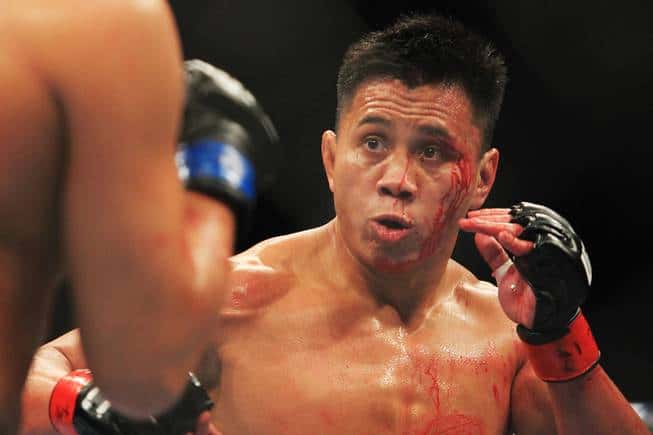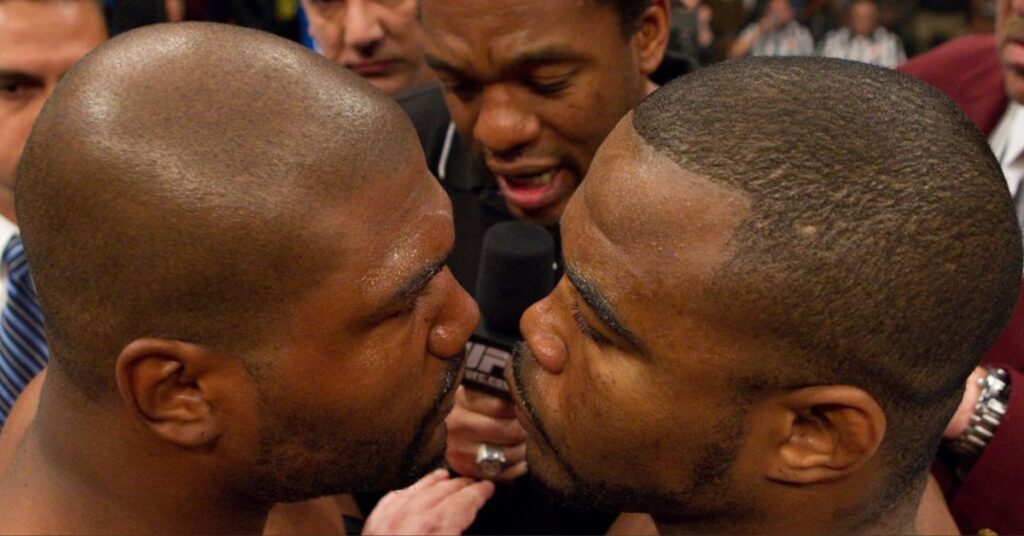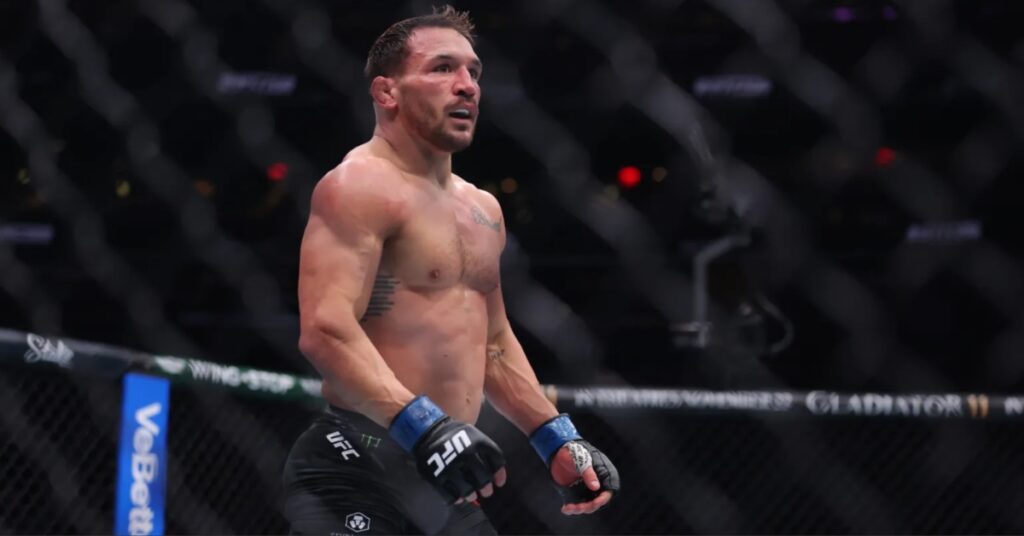Cung Le Says HGH Test Was Unreliable, Denies Juicing

The recent Cung Le HGH bust was a black eye on his record, but we are yet to here from him until now….
UFC middeweight Cung Le has certainly been dragged through the mud in the last few days, in regards to his failed UFC Fight Night 48 drug test. It was revealed that Le got busted for elevated levels of HGH (human growth hormone), and he received a 12-month suspension for the infraction. Memories of his comments on drugs in MMA before the fact didn’t help his case either.
All this and Le has remained silent, until today that is. Check out what the Strikeforce and UFC veteran said while talking with MMAJunkie.com:
“I was completely surprised at the results of my recent drug test,” Le’s statement reads. “I was informed by the UFC that I passed my pre- and post-fight drug test, as well as the majority of the blood tests with the only abnormality being an elevated level of HGH being determined to be present. I tested negative for anabolics, stimulants, diuretics, masking agents and my testosterone levels were within World Anti-Doping Agency and Nevada State Athletic Commission Approved limits a total of three times over two urine tests and a blood test collected both before and after my fight, which is what makes these HGH result so difficult for me to accept as correct. This has also caused me to call the testing procedures into question.”
“I have been informed that there are many possible reasons for a level of HGH to exceed what is allowed unknowingly and my doctors are researching those possibilities, which may include a much more serious health concern. I have also been informed about the unreliability of the current HGH testing that exists and it’s high rate of inaccuracy. I want to reiterate to my fans and the fans of mixed martial arts everywhere that I did not take any performance-enhancing drugs or anything that would cause my natural level of HGH to exceed normal levels.”
We as followers of MMA have become accustom to the post-drug test failure excuse, and there have been many over the years; from tainted supplements to insane doctors with a license to overdose patients on testosterone. That being said, there are some reasons for valid concern in this case; firstly that the event was held in China, and although the lab responsible for the testing should have been using World Anti Dope Agency (WADA) standards, they in fact did not.
The report by Le’s manager says:
“Upon our independent review of the laboratory procedures when testing for PED’s, it has been clear that the possibilities for incorrect test results are many. We were informed that the laboratory was advised to use the WADA approved rules and procedures when conducting the testing that they administer, yet the lab in Hong Kong contracted to do the testing was not WADA approved, which was surprising since there was a WADA approved lab available in Beijing, China.
“The blood sample was collected post-fight when the natural HGH levels are the least reliable as the body in an attempt to heal itself will naturally release more HGH, but even more of a concern is that the more reliable and WADA required test for HGH known as the IGF-1 test was never conducted on the sample. When we contacted the UFC to request that this more reliable test be conducted, we were informed that this was not possible as the lab only retained the sample for a week following the fight. WADA regulations require that samples are to be frozen and held for 10 Years, so that they can be re-tested in the event of a challenge.”
“There is a reason why HGH is still not tested for in all major sports leagues, the tests that exist are unreliable and present many opportunities for inaccuracy for a multitude of reasons. As was stated in the UFC’s press release in regards to our client, the results of the testing they conducted showed an elevated level of HGH, but as WADA states, the possibility for incorrect results are more than probable when testing for elevated levels of HGH especially when a non-WADA approved lab is used.”
So basically there are many reasons for fighters to test positive for HGH, such as crappy lab procedures, inaccurate readings and the body attempting to recover from a fight Yet the lab destroyed the sample? Something is amiss here….any thoughts?






